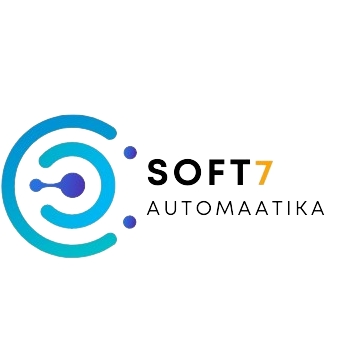Maximizing efficiency with custom automation controllers
Automation controllers are the cornerstone of modern industrial automation. They serve as the brain of production processes, orchestrating the complex interactions between machinery, software, and human operators. The right controller can significantly enhance the efficiency and productivity of an operation.
While off-the-shelf automation solutions can meet basic needs, custom controllers offer tailored functionality that can address specific challenges and goals. Customization can lead to improved process control, reduced waste, and a better return on investment.
Understanding Custom Automation Controllers
Custom automation controllers are designed to meet the unique requirements of a specific industrial process or manufacturing environment. They are built from the ground up with a focus on the client's operational needs, ensuring a perfect fit for their systems.
These controllers can include specialized inputs and outputs, advanced algorithms, and the ability to interface with a wide range of sensors and actuators. They may also feature robust data analytics and reporting tools to aid in decision-making.
Advantages of Custom Automation Controllers for Efficiency
Custom controllers are engineered to provide precise control, which is critical for maintaining product quality and consistency. Their reliability reduces downtime and maintenance costs.
As businesses grow and evolve, so do their automation needs. Custom controllers can be designed with scalability in mind, allowing for easy expansion or modification as required.
One of the biggest challenges in automation is ensuring new technology works seamlessly with existing equipment. Custom controllers can be developed to integrate smoothly with current systems, minimizing disruption and training requirements.
Designing Custom Automation Controllers
Before designing a custom controller, it's essential to conduct a thorough analysis of your processes to identify specific needs and objectives. This assessment forms the basis for the controller's design.
Creating an effective custom controller is a collaborative effort between the client and the automation company. This partnership ensures that the final product truly aligns with the client's operational goals.
Both software and hardware components are critical to the success of a custom controller. The right combination can enhance functionality and ensure long-term viability.
Implementation and Optimization
Proper installation and commissioning are vital to the success of any custom automation controller. This phase ensures that the system operates as intended and meets all performance criteria.
Training for staff and ongoing support from the automation provider are crucial for maximizing the benefits of the new system. This ensures that any issues can be quickly addressed and that the system continues to operate optimally.
Technology is always advancing, and so should your automation solutions. A custom controller can be designed with future improvements and upgrades in mind, ensuring longevity and continued efficiency.






Comments (0)